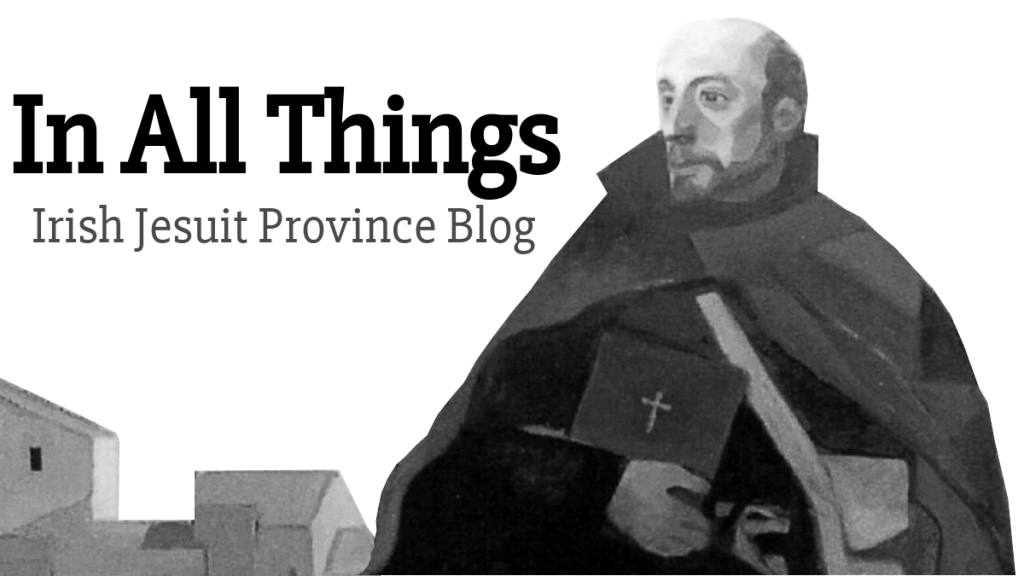The great deception

Brendan McManus : : There is a curious thing in the main square in Santiago- a five star hotel spills residents out into the street to get their taxis. They are normally immaculately dressed in designer gear and lugging huge suitcases. Now there is a great irony here as just metres away, scores of jubilant pilgrims in t-shirts and shorts are celebrating the end of their Camino. Often it has been a tough, penitential journey with many moments of exhaustion, thirst, hunger and frustration. Yet the ones celebrating, the happy ones are the pilgrims, and the hotel guests in comparison are the ones that appear to be slightly dour; losing out, and the hotel guests in comparison are the ones that appear to be slightly dour; losing out, despite the apparent advantages of wealth.
The (Gospel) paradox is that despite the false materialistic advertising claims, there is little happiness in being rich, cosseted and protected. They are enslaved to the ‘look’, the appearance and the trivial ‘things’ that surround them and isolate them, an empty consumerism. The prioritisation of things over people.
In contrast, pilgrims have learned to live with very little, not to worry about appearances, to travel light and to focus on the important things: the inner (spiritual) life, relationships, immersion in nature and helping others. It is a metaphor for modern life: a spiritual simplicity and solidarity, or a complicated individualistic consumerism.
The Camino de Santiago is I believe an experience of God and the Gospel; it has an this very paradox at its heart: the more you move away from materialism, egoism and selfishness, the more happy you are with simple lifestyle, few things, connection with others/compassion and basic humility. This flies in the face of a contemporary world caught up in appearances, wealth and individualism. Most find it incredible that people would willing give up luxury, ease and self-centredness to live out of a backpack, stay in cheap shared accommodation and walk miles every day in the Iberian heat.
The Camino is essentially a centuries old penitential pilgrimage, yet the paradox is that it brings about great happiness and joy (not without cost) and releases people from the tyranny of empty materialism, modern over-thinking and self-centredness. The Camino is like therapy; a programme of recovery of basic humanity, embodied mindfulness and compassionate connection to others. And all on a shoestring budget in the bucolic rural north-west Spain!
The Camino invitation is this: step out of your fears and enslavement and get on the road, open yourself up to life, providence and possibility. We are all pilgrims in this world ultimately, just passing through, so embrace it now: you can’t take that stuff with you. It will not be easy but it is certainly rewarding: just ask any of the thousands of pilgrims who have lived that inner transformation. Better still, just look at the smile on their faces!


